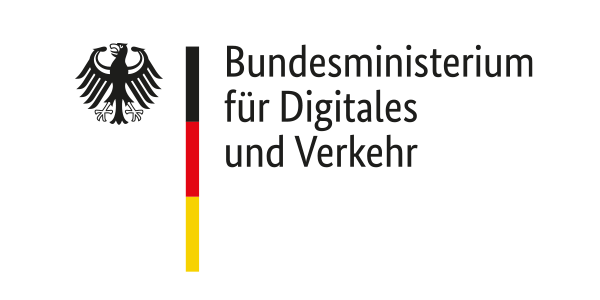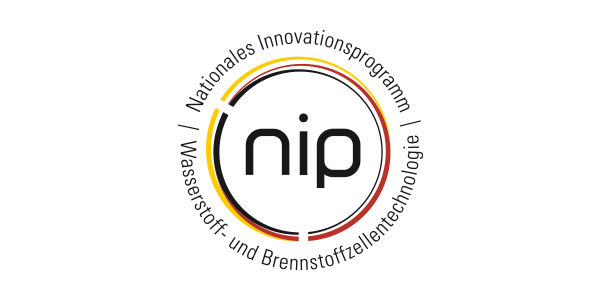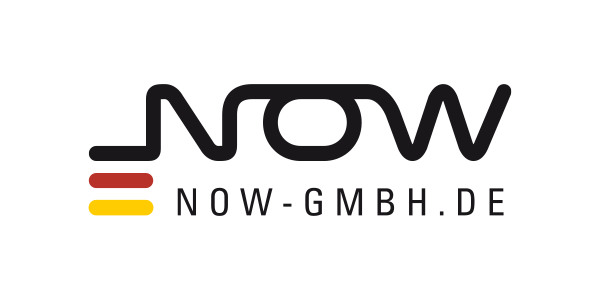“We develop components, systems and deliver engineering services for a zero-emission future for off-highway applications”
Bernhard Bihr, Managing Director of Bosch Engineering GmbH
Bosch Engineering works on zero-emission mobility for off-highway applications
Client
GreenIng GmbH & Co KG
Scope
Intralogistics airports
Project partner
GreenIng GmbH & Co KG
Bosch Engineering GmbH
Fraunhofer ICT
DLR Institute of Vehicle Concepts
Funding
Federal Ministry of Education and Research
Project duration
08/2012 – 07/2015
Project description
A luggage tug with a fuel cell hybrid system was developed as part of InnoROBE. In particular, the requirements for off-highway applications will become more stringent with future air and noise emission regulations. With the fuel cell hybrid system, working machines will be available in the future that are completely emission-free and quiet in operation.
In order to achieve a high range for applications with high utilization such as multi-shift operation, a PEM fuel cell with a gross power of 10 kW in range extender operation and a lithium titanate battery with a nominal power of 30 kW in driving operation and recuperation and a usable capacity of 6 kW and a nominal voltage of 80 volts are used. A tank capacity of 3.2 kg of hydrogen at a maximum tank pressure of 350 bar enables a short refueling time of only four minutes and a possible operating time of eight hours during common airfield operations, thus ensuring high availability. Standard dimensions and simple interfaces make fast integration into existing system topologies and chassis shapes possible. Precise diagnostics and extensive remote maintenance options mean that only minimal maintenance is required. Sophisticated operating strategies ensure a long service life and high availability at low operating costs.
Press release (extract): Fuel cell drives at the airport
At airports, more is driven than flown to transport passengers, baggage and cargo. To reduce emissions and noise, airport operators are increasingly turning to alternative drive systems and, in the future, to fuel cells, a new environmentally friendly technology of the future for their mobile machinery, vehicles on the apron and vehicle fleets. The advantages of fuel cell-powered vehicles are their long range and rapid refueling within just a few minutes. “The fuel cell baggage tug now runs an eight-hour shift without recharging the battery,” Bihr explains.
The spread of alternative powertrains in off-highway applications is also being boosted by tighter emissions legislation for internal combustion engines over 56 kilowatts (EU Stage IV and US Tier 4 Final). Vehicles powered by fuel cells are fueled with hydrogen. This reacts with oxygen in the cell to form pure water. This process releases energy that is converted into electrical energy in the fuel cell, which is used to power the electric motor. “With this zero-emission form of propulsion, off-highway applications such as forklifts and lifting platforms can now run completely emission-free both on the apron and inside buildings and halls,” Bihr said. Airport vehicles powered by fuel cells are also quiet and low in vibration. The first airports in Germany, such as Stuttgart, Munich and Hamburg, already have hydrogen filling stations. They provide the necessary infrastructure locally.
Contact
Bosch Engineering GmbH
Harald Fischer
Tel: +49 7062 911-6570
Share on the network:



